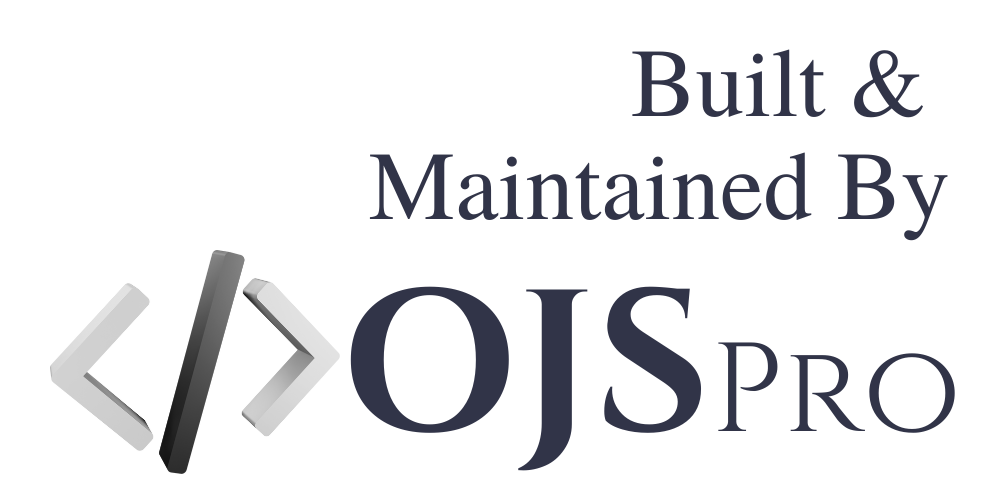CASE COMMENTARY ON ZAHIRAHABIBULLAH SHEIKH AND ANR. V. STATE OF GUJARAT AND ORS. ALSO REFERRED TO AS BEST BAKERY CASE
Downloads
Keywords:
ZAHIRAHABIBULLAH SHEIKH AND ANR. V. STATE OF GUJARAT, BEST BAKERY CASEAbstract
Zahir Habibulla H.Sheik Vs State of Gujarat and Ors is commonly known as “The Best Bakery Case”. This case symbolizes the inhumanity of the carnage post Godhara riots which involved killing 1200 people. On 6th June 2005, Supreme Court of India extended the term of the Bombay Special Court to conduct the retrial of this case. This was one of the unique cases as the charges were originally brought in various criminal courts in the State of Gujarat as a result of the communal violence which exploded the State in 2002. Before the justice was delivered in Mumbai court, the trial took many enraging twists. The issues raised in this case dealt with contempt of court which has no statutory definition. But as per the definition given in the Contempt of Court act 1971, it has only categorized the contempt of court; the contempt maybe be civil or criminal contempt. The Best Bakery Case deals with criminal contempt which is defined in section 2(c) of the Contempt of Courts act 1971. “Criminal contempt” means the publication (whether by words, spoken or written, or by signs, or by visible representation, or otherwise) of any matter or the doing of any other act whatsoever whichi. scandalises or tends to scandalise, or lowers or tends to lower the authority of, any court; or ii. Prejudices, or interferes or tends to interfere with, the due course of any judicial proceeding; or iii. Interferes or tends to interfere with, or obstructs or tends to obstruct, the administration of justice in any other manner;
External References to this Article
Loading reference data...
License Terms
Ownership and Licensing:
Authors of research papers submitted to any journal published by The Law Brigade Publishers retain the copyright of their work while granting the journal specific rights. Authors maintain ownership of the copyright and grant the journal the right of first publication. Simultaneously, authors agree to license their research papers under the Creative Commons Attribution-ShareAlike 4.0 International (CC BY-SA 4.0) License.
License Permissions:
Under the CC BY-SA 4.0 License, others are permitted to share and adapt the work, even for commercial purposes, provided that appropriate attribution is given to the authors, and acknowledgment is made of the initial publication by The Law Brigade Publishers. This license encourages the broad dissemination and reuse of research papers while ensuring that the original work is properly credited.
Additional Distribution Arrangements:
Authors are free to enter into separate, non-exclusive contractual arrangements for distributing the published version of the work (e.g., posting it to institutional repositories or publishing it in books), provided that the original publication by The Law Brigade Publishers is acknowledged.
Online Posting:
Authors are encouraged to share their work online (e.g., in institutional repositories or on personal websites) both prior to submission and after publication. This practice can facilitate productive exchanges and increase the visibility and citation of the work.
Responsibility and Liability:
Authors are responsible for ensuring that their submitted research papers do not infringe on the copyright, privacy, or other rights of third parties. The Law Brigade Publishers disclaims any liability for any copyright infringement or violation of third-party rights within the submitted research papers.
Published
Issue
Section
License

This work is licensed under a Creative Commons Attribution-NonCommercial-ShareAlike 4.0 International License.
Copyright © 2026 by Ananya Rath, Deviyani Upadhyay
The copyright and license terms mentioned on this page take precedence over any other license terms mentioned on the article full text PDF or any other material associated with the article.


